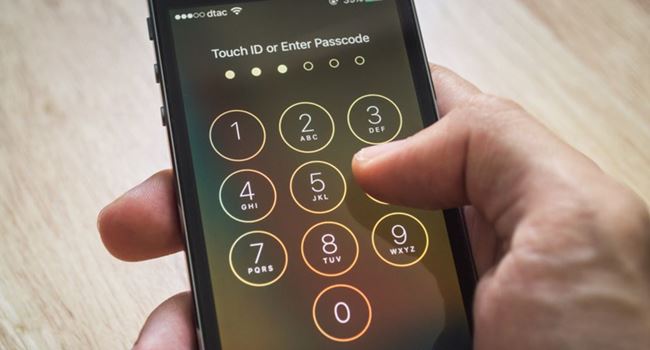Tech
2.3m people use ‘123456’ as password, reports say

Despite all the warnings, 23 million people worldwide use the password “123456” for their mobile devices and other tech gadgets, a report by UK’s National Cyber Security Centre reveals.
The staggering number was arrived at after the UK Cyber Security Centre analysed the ‘Have I Been Pwned’ data set to produce a list of the top 100,000 passwords used worldwide.
Looking through the full list, there’s a reasonable selection of expletives, and for Brits, variations on “Liverpool” appear twenty eight times. For non-Brits, Liverpool is not only a city in the North of England but a premier league football (soccer) team.
Read also: BlackBerry Messenger set to shut down in May
James Bond 007 is rich pickings too, with variations into the teens. No matter how smart or unique you think you are, there’s someone else who thinks the same.
The NCSC recommends using three random words for passwords such as “tablehouseblue” and not to re-use passwords between accounts. It particularly suggests to always have a different password for your email account.
Dr Ian Levy, NCSC Technical Director, said: “Password re-use is a major risk that can be avoided – nobody should protect sensitive data with something that can be guessed, like their first name, local football team or favourite band. Using hard-to-guess passwords is a strong first step and we recommend combining three random but memorable words. Be creative and use words memorable to you, so people can’t guess your password.”
Join the conversation
Support Ripples Nigeria, hold up solutions journalism
Balanced, fearless journalism driven by data comes at huge financial costs.
As a media platform, we hold leadership accountable and will not trade the right to press freedom and free speech for a piece of cake.
If you like what we do, and are ready to uphold solutions journalism, kindly donate to the Ripples Nigeria cause.
Your support would help to ensure that citizens and institutions continue to have free access to credible and reliable information for societal development.






















